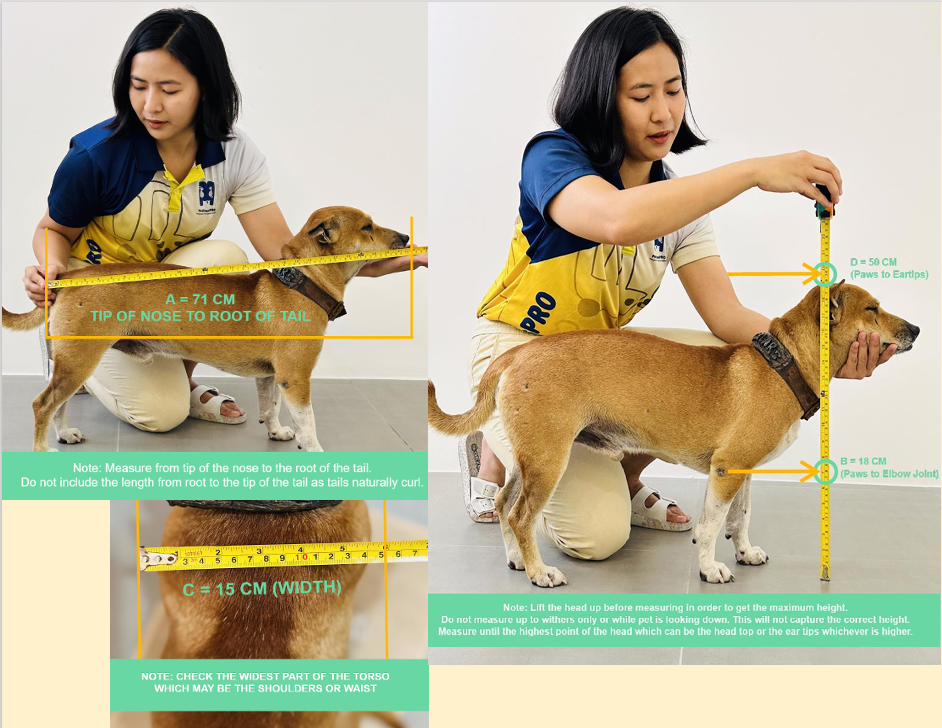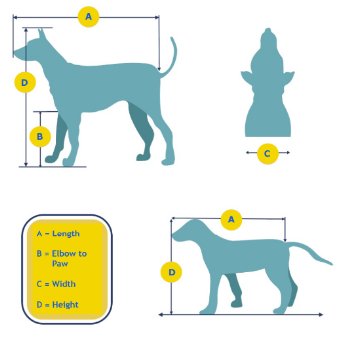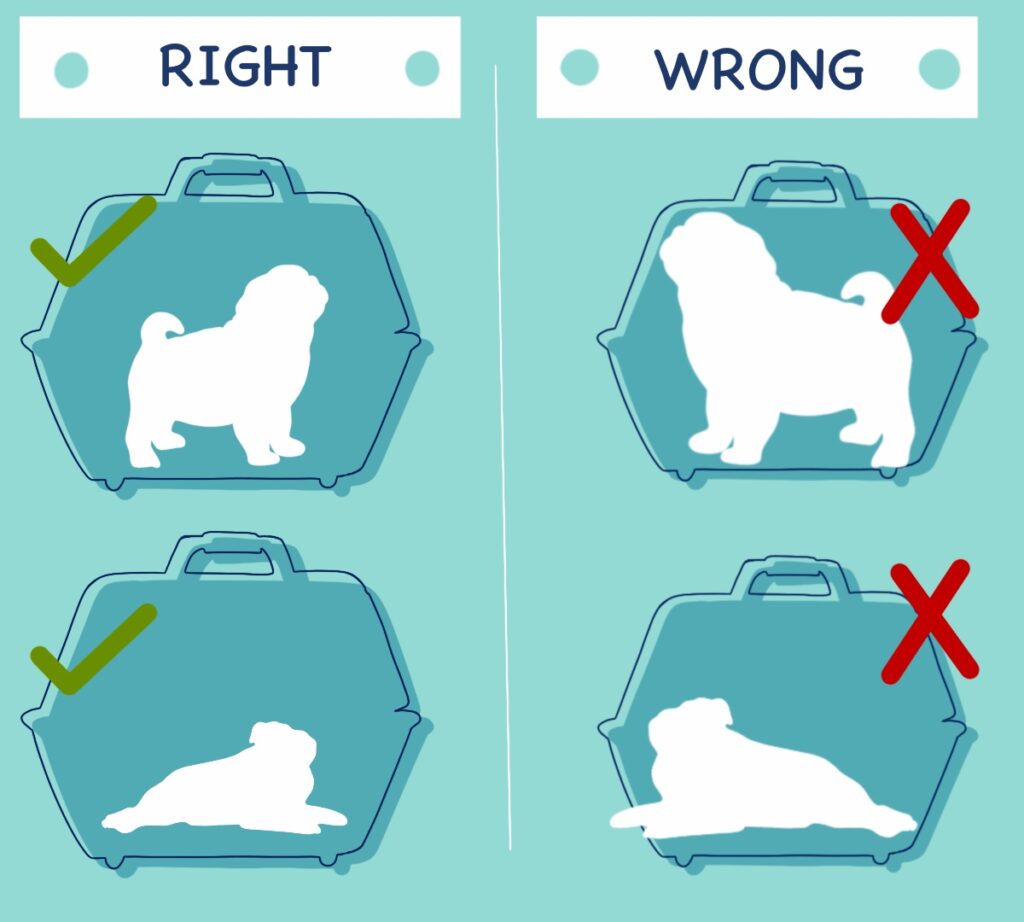What is a pet transport service?
A pet transport service provider specializes in safely and efficiently relocating pets locally or internationally. These services include handling travel logistics, ensuring compliance with import/export regulations, securing necessary health certificates, while prioritizing the pet’s well-being throughout the journey. They aim to make pet travel stress-free for both owners and their furry companions.
Frequently asked questions
Booking and Planning
We usually transport dogs and cats of all breeds, ages and sizes.
We can also transport different species of animals, but it will require additional paperwork depending on the specie and destination requirements.
It is best to reach out to our team as soon as you can. Different countries have different rules for entry thus we have to make sure that we have ample time to comply with everything.
At least 4 months in advance will be best but try and reach out the soonest that you can.
Certain airlines and countries ban specific breeds of dogs and cats due to them having a huge health risk during travel (for airlines) and due to the breed having known to be aggressive (for countries).
For AIRLINE restrictions, most snub nosed dogs and cats are banned on flights.
For DOGS, these breeds are usually the brachycephalic ones such as bulldogs, chihuahuas, shih tzus, pugs etc.
There are specific dog breeds that are restricted or even banned. These breeds are the ones classified as dangerous such as Pitbulls, Dogo Argentinos and the like.
For CATS, these breeds are also short snout in nature i.e. persian, exotics, himalayans and their mixes.
You can look into a specific airlines pet acceptance policy on their websites as these may vary from airline to airline.
Please consult our team regarding this matter as we are positive that you will need assistance in shipping restricted or snub nosed dogs.
Costs vary based on the destination, pet size, travel method, and additional services required.
Our quotations should include the cost for requirements, export assistance, an estimate for import fees and other travel related costs.
Make sure to have your pet’s updated vaccination and parasitic records.
Some countries require additional documentation, tests or permits.
Our team is ready to assist you in completing the travel requirements and guide you throughout the process.
Travel Preparation
In order to correctly measure your pet’s height, you need to get him to stand in his normal standing or stacking position.
Make sure the head is lifted up as shown in the diagram below.
The height measurement will start from the ground up to the ear tips for pets which have erect ears and up to head top if the ears aren’t standing up.
The length measurement will start from the nose up to the buttocks area.


After measuring your pet’s height and length, you’ll have an idea on which crate size to look for. Make sure that all sides of the crate has holes for ventilation and that your pet can move turn around comfortably.
If you’re pet is brachycephalic or snub nosed, pick a crate that’s one size larger for him. See the diagram below.
For Snub- Nosed Pets

For Non-Snub Nosed Pets

There’s no single formula to ensure that our pet will travel stress free. Every pet owner has to understand that there are a lot of stressors for our beloved critters. An unfamiliar environment, new sounds, new voices, new
people, unfamiliar routines and such all contribute to our pet’s stress levels.
There are a few things we can do to prepare them for a long trip and possibly reduce their stress levels such as:
1. Crate Training
2. Early Socialization
3. Putting bedding / owner’s clothes inside the crate – Having an item with a familiar smell is proven to help reduce the anxiety pets experience during the trip.
Certain airlines and countries ban specific breeds of dogs and cats due to them having a huge health risk during travel (for airlines) and due to the breed having known to be aggressive (for countries).
For AIRLINE restrictions, most snub nosed dogs and cats are banned on flights.
For DOGS, these breeds are usually the brachycephalic ones such as bulldogs, chihuahuas, shih tzus, pugs etc.
There are specific dog breeds that are restricted or even banned. These breeds are the ones classified as dangerous such as Pitbulls, Dogo Argentinos and the like.
For CATS, these breeds are also short snout in nature i.e. persian, exotics, himalayans and their mixes.
You can look into a specific airlines pet acceptance policy on their websites as these may vary from airline to airline.
Rabies Titer Testing (Serology Test)
The rabies titer test also known as rabies neutralising antibody titre (RNAT) test
checks for the presence of antibodies that neutralises rabies in your pet’s blood. The presence of the antibodies in sufficient amounts is a sufficient indicator that your pet has been vaccinated and is immune to rabies.
Since the Philippines is a country where rabies is prevalent, countries with low to zero rabies cases will require a RNAT test before allowing entry
to protect their local animals.
If your pet is traveling to a rabies free or low-case rabies country, then testing is required. A few of these countries are:
Australia, Indonesia, China, Taiwan, New Zealand, Singapore, Japan, South Korea, Qatar, United States of America, United Arab Emirates and all EU Member States.
Reach out to our team especially when you’re in doubt!
Your test result should show a result greater than 0.5 IU/ml to show that your pet is adequately immunized against rabies.
Exportation Guidelines
The process includes:
- Initial consultation to understand your pet’s needs and destination requirements.
- Pre-check existing requirements to identify if there is anything missing.
- Arranging laboratory tests and treatments to ensure pet is healthy.
- Arrange pet’s travel plan with airlines and other relevant parties.
- Provide a suitable travel carrier for the flight option and ensure that it is compliant with the airline standards.
- Secure the necessary clearances and process the export paperwork leading to the flight.
- Providing regular updates during your pet’s journey until they arrive safely
The timeline varies depending on the destination country and its requirements. For most countries, we recommend starting at least 5 months before travel to accommodate health tests, vaccinations, and government approvals.
However, it is best to consult us way earlier as some countries have lengthy wait periods before being allowed entry.
We have three flight options available:
- Accompanied Pet in Cabin – This is where your pet flies with you in the passenger cabin. Only certain airlines accept pet in cabin and they have a specific weight limit and container measurement that needs to be complied with.
- Accompanied Excess Baggage – Your pet flies with you as your extra baggage. Applicable fees for pet’s airfare still applies.
- Manifested Cargo – This is where the pet flies on their own independent from a passenger ticket.
Importation Guidelines
An import broker is an individual or a company that will handle the documentary and importation processes required when your pet will come into the Philippines.
The broker’s job starts at securing the IMPORT permit up to customs releasing upon your pet’s arrival.
Importation processing refers to the steps, documentations and processes required to guarantee your pet’s passage into their destination country.
In the Philippines, our importation process starts with securing the import permit.
Before your pet can fly from the origin country, we have to ensure that we have an approved import permit. Otherwise we’ll encounter problems once your pet arrives without one.
Once you have an approved import permit and your pet arrives at the airport, your import broker will then process all the documentation, have your pet inspected and settle the duties, fees and taxes that need to be settled
before your pet is released from the warehouse.
An approved import permit is required before your pet enters the Philippines. Please make sure that you have this available before flying your pet into the country.
Absence of the import permit will result in your pet being held by animal quarantine, be sent to a third country while waiting for the permit or to be returned to origin at your expense.
